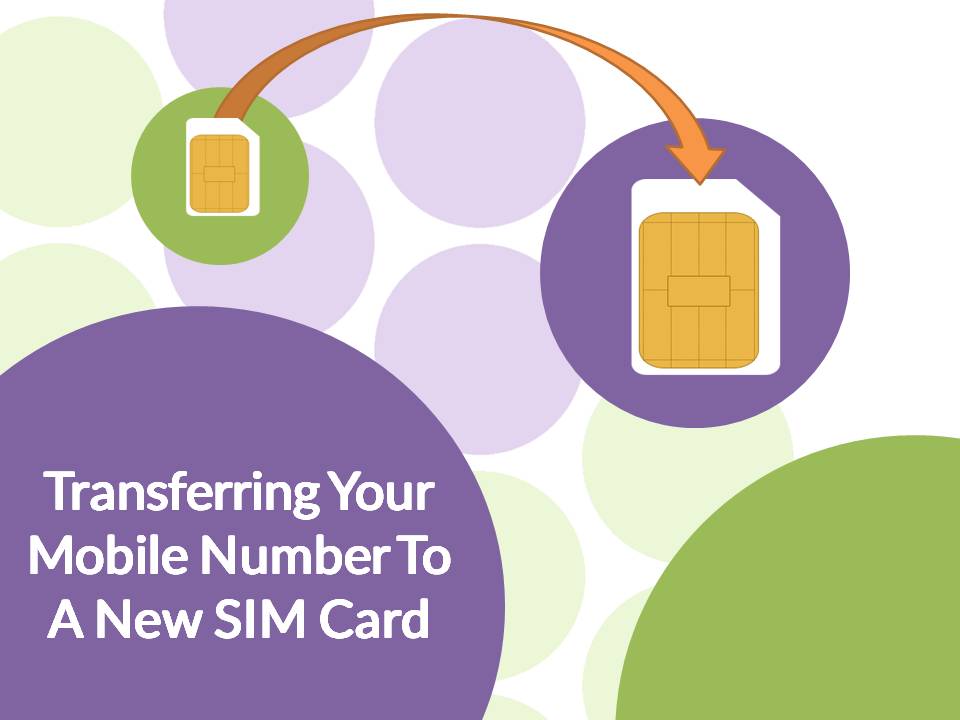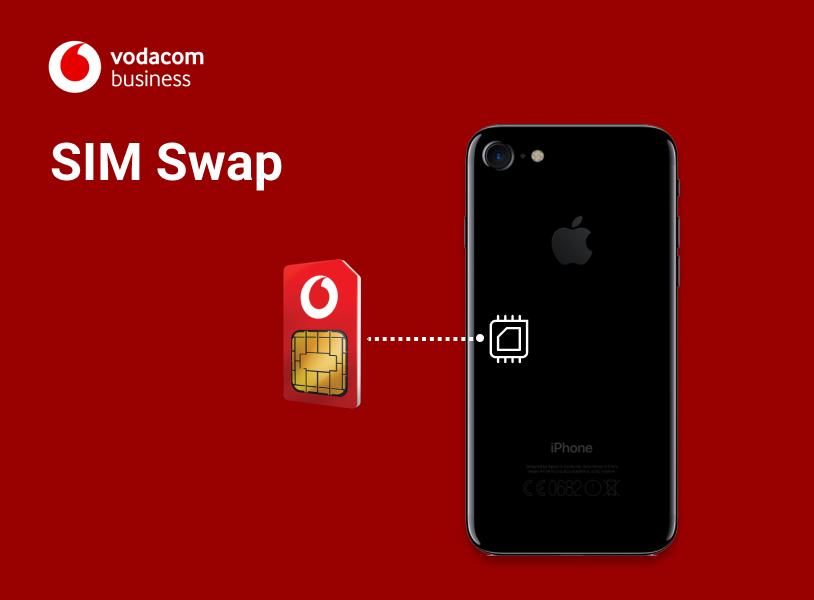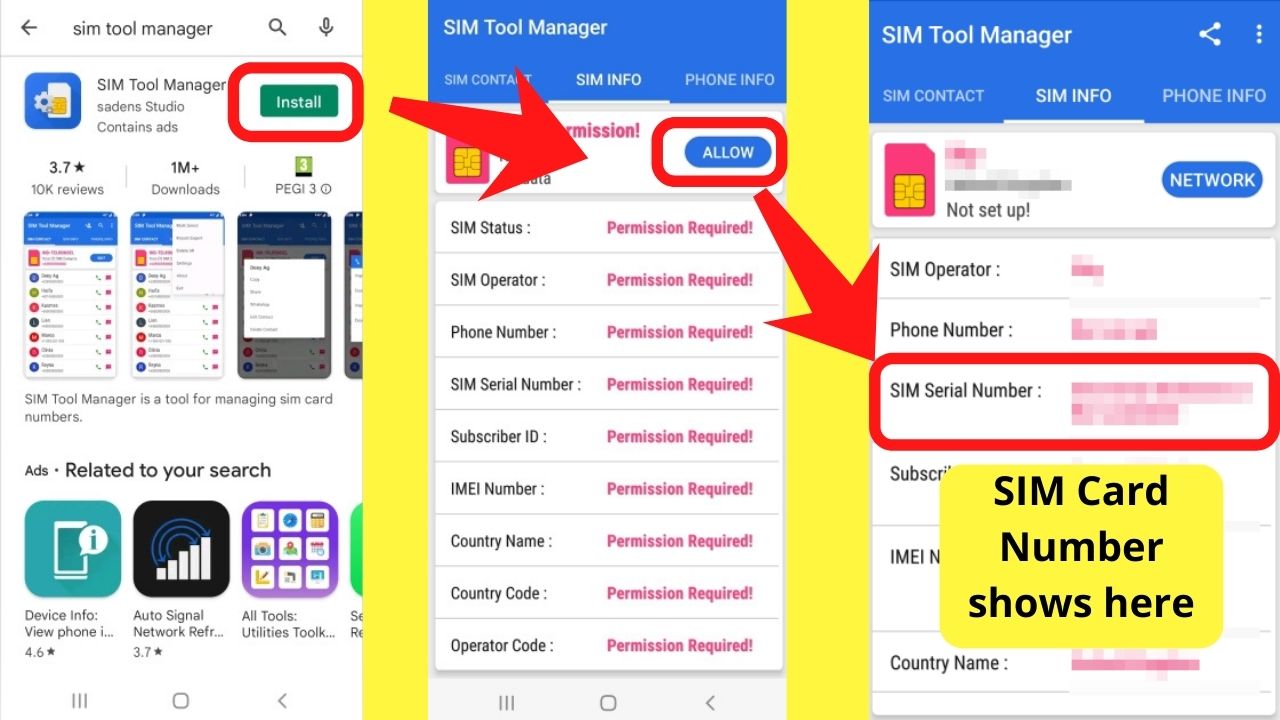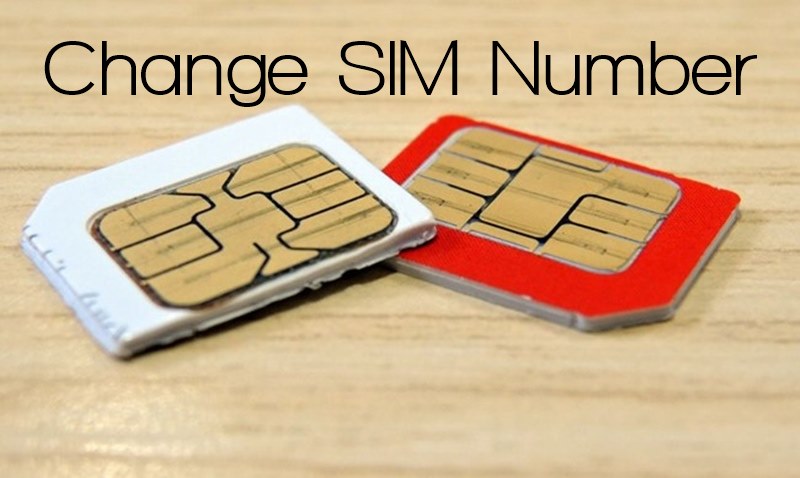How To Get Another Sim Card With The Same Number

Losing your phone or having your SIM card damaged can be a stressful experience, especially when you rely on that number for personal and professional communication. The good news is that obtaining a replacement SIM card with your existing number is a standard procedure offered by mobile network operators (MNOs). Understanding the process can alleviate anxiety and ensure a smooth transition.
This article details how to get a replacement SIM card with the same number, covering the necessary steps, potential challenges, security considerations, and future trends. We'll explore the policies of major carriers and offer insights into protecting yourself from SIM swap fraud.
Understanding the SIM Replacement Process
The core process for obtaining a replacement SIM card is consistent across most mobile network operators. It generally involves verifying your identity, reporting the lost or damaged SIM, and receiving a new SIM that is activated with your existing phone number. Here's a breakdown of the standard steps.
Step 1: Contacting Your Mobile Carrier
The first step is to immediately contact your mobile carrier. This can typically be done through their customer service hotline, online portal, or by visiting a physical store location. Reporting the lost or damaged SIM card promptly is crucial to prevent unauthorized use.
Many carriers allow temporary suspension of your service until the replacement SIM is activated. This measure adds an extra layer of security.
Step 2: Identity Verification
Carriers will require you to verify your identity to ensure you are the legitimate owner of the phone number. This usually involves providing personal information such as your full name, address, date of birth, and potentially the answer to a security question you set up when you initially activated your service.
Be prepared to provide your account PIN or password. Identity verification is paramount to prevent fraudulent SIM swaps.
Step 3: Obtaining the Replacement SIM Card
Once your identity is verified, the carrier will issue you a replacement SIM card. You can typically obtain this SIM card in person at a retail store, or have it mailed to your registered address. Receiving it in person may expedite the activation process.
Step 4: Activating the New SIM Card
The replacement SIM card will need to be activated by the carrier. This can usually be done through a phone call to customer service or via an online portal. Follow the instructions provided by your carrier to complete the activation process.
Once activated, the old SIM card will be deactivated, rendering it useless. This prevents anyone who might find your lost SIM from using it.
Potential Challenges and Considerations
While the SIM replacement process is generally straightforward, several challenges and considerations can arise. These include dealing with fraudulent activities, addressing downtime, and understanding associated costs.
SIM Swap Fraud
SIM swap fraud, also known as SIM jacking, is a significant concern. This occurs when a fraudster convinces your mobile carrier to transfer your phone number to a SIM card they control. Stronger authentication methods are being implemented to combat this.
Always be vigilant about unsolicited requests for personal information. Enable two-factor authentication whenever possible.
Downtime and Service Interruption
There may be a period of downtime between deactivating the old SIM and activating the new one. The duration varies between carriers. Plan ahead, especially if your phone number is critical for business communications.
Associated Costs
Some carriers may charge a fee for a replacement SIM card. It's essential to inquire about any associated costs before proceeding. These fees are usually minimal, but it's always best to be aware.
Security Measures and Best Practices
Protecting your phone number from unauthorized access is paramount. Several security measures and best practices can help mitigate the risk of SIM swap fraud and other related issues.
Using Strong Passwords and PINs
Use strong, unique passwords and PINs for your mobile account. Avoid using easily guessable information, such as your birthdate or address. Regularly update your passwords and PINs.
Enabling Two-Factor Authentication
Enable two-factor authentication (2FA) whenever possible. This adds an extra layer of security by requiring a secondary verification method, such as a code sent to another device. Many carriers now offer 2FA options for account access.
Monitoring Your Account Activity
Regularly monitor your account activity for any suspicious or unauthorized changes. Report any discrepancies to your mobile carrier immediately. Early detection can prevent significant damage.
The Future of SIM Cards and Mobile Security
The landscape of SIM cards and mobile security is constantly evolving. Embedded SIMs (eSIMs) and advanced authentication methods are likely to play a more prominent role in the future.
eSIMs, which are embedded directly into devices, offer enhanced security features. They are also more resistant to physical theft or damage. Expect to see wider adoption of eSIM technology in the coming years.
Biometric authentication and blockchain-based identity verification are also being explored as potential solutions for preventing SIM swap fraud. These technologies offer more secure and reliable ways to verify identity.
Obtaining a replacement SIM card with the same number is a manageable process when you understand the steps involved and take appropriate security precautions. By staying informed and proactive, you can minimize the risk of disruption and protect your mobile identity.


















